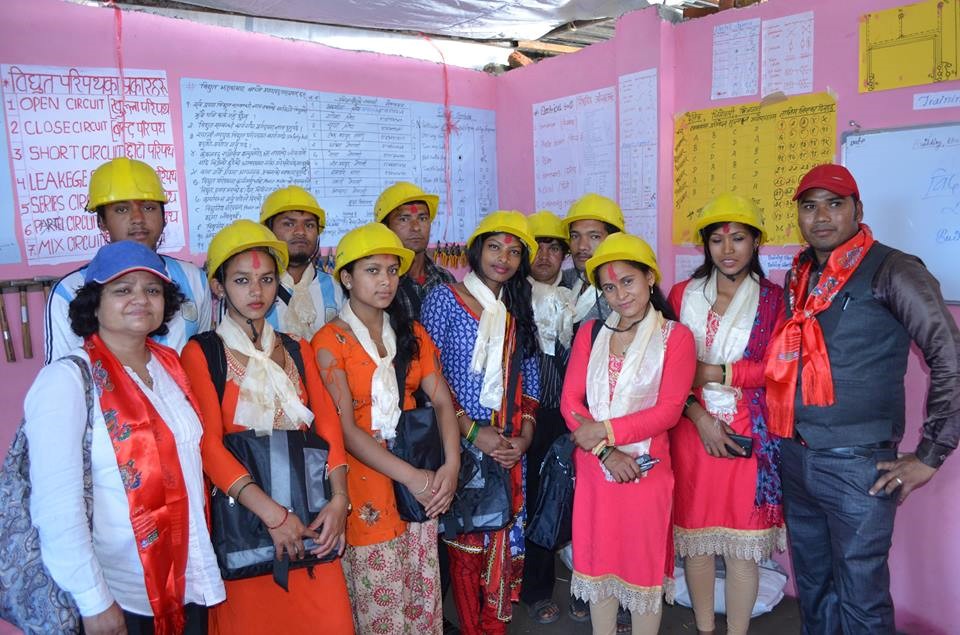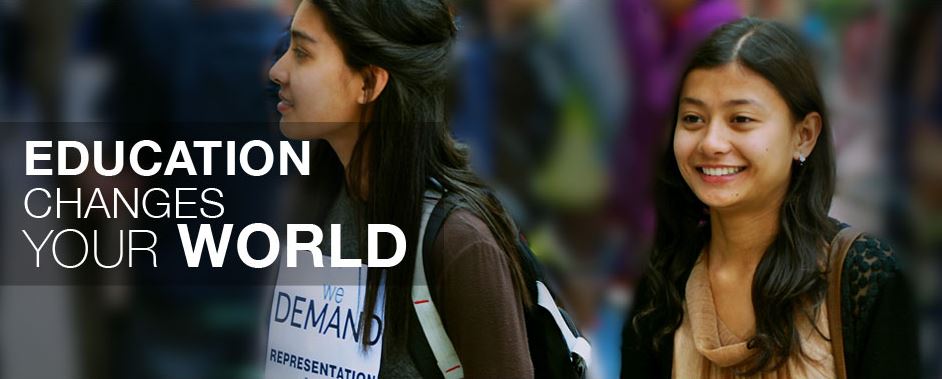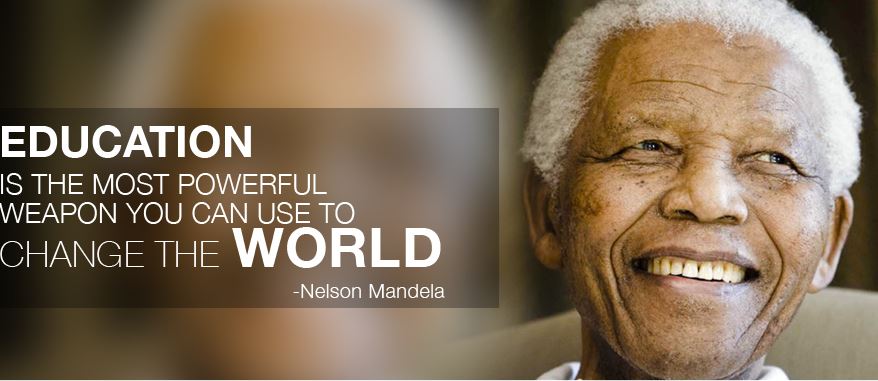PDRC Nepal – Education to overcome poverty and gender discrimination
By Denise Nanni and Milena Rampoldi, ProMosaik. Today, let us go back to
Nepal to talk to Rup of the Professional Development
and Research Center. The Center strongly believes
in the power of education to change the world. Education can help people to
overcome poverty, gender discrimination, violence, and marginalization.

What are the reason that lead to a lack of access
to education in Nepal?
to education in Nepal?
The main reasons that lead to lack of education are
historical discrimination, poverty, gender discrimination, geographical
barriers etc.
historical discrimination, poverty, gender discrimination, geographical
barriers etc.
How do you identify youngsters that could benefit
from your programs?
from your programs?
We have clearly defined five indicators trough which
we identify the students for support and they are: a) socially and economically
deprived groups b) excellent academic standing c) inclusion within Dalit
community d) geographical proximity and e) students performance in written exam
and interview.
we identify the students for support and they are: a) socially and economically
deprived groups b) excellent academic standing c) inclusion within Dalit
community d) geographical proximity and e) students performance in written exam
and interview.

In what ways do you promote youth education?
We have been promoting youth education through
information dissemination about the opportunities available in higher education
at home and abroad, granting scholarship, helping government to implement its
reservation policy in the education sector, conducting preparation classes for
competitive exams in medical, engineering as well as public service exams. In
addition, we are also engaged in policy research and advocacy on inclusive
education, with especial focus on Dalit’s higher education in Nepal.
information dissemination about the opportunities available in higher education
at home and abroad, granting scholarship, helping government to implement its
reservation policy in the education sector, conducting preparation classes for
competitive exams in medical, engineering as well as public service exams. In
addition, we are also engaged in policy research and advocacy on inclusive
education, with especial focus on Dalit’s higher education in Nepal.
Do you carry on any specific initiative to
girls/women?
girls/women?
We give priority to the girls in our services and
programs. We have a GESI policy in place which seeks to guarantee 50% woman
participation in our programs and services. From 2006 to 2011, we launched one
program that is called Empowering Dalit Daughters (EDD). For your information,
Dalit are the group of people who are placed at the bottom of social hierarchy
and treated as untouchables. Dalit woman face double discrimination in our
context- gender and caste.
programs. We have a GESI policy in place which seeks to guarantee 50% woman
participation in our programs and services. From 2006 to 2011, we launched one
program that is called Empowering Dalit Daughters (EDD). For your information,
Dalit are the group of people who are placed at the bottom of social hierarchy
and treated as untouchables. Dalit woman face double discrimination in our
context- gender and caste.
Back
in 2006, PDRC took steps to change that, through “Empowering Dalit Daughters,”
a scholarship program for Dalit girls.
in 2006, PDRC took steps to change that, through “Empowering Dalit Daughters,”
a scholarship program for Dalit girls.
It
embarked on a nationwide talent hunt to select 25 talented and motivated Dalit
girls. They received scholarships to prestigious colleges in Kathmandu, as well
as food and accommodation at a hostel in the capital for six years.
embarked on a nationwide talent hunt to select 25 talented and motivated Dalit
girls. They received scholarships to prestigious colleges in Kathmandu, as well
as food and accommodation at a hostel in the capital for six years.
The
objective of the program was to create role models out of these girls, which we
then believe would help make people aware about the importance of educating
their daughters. It was also an effort to bring the leadership developed at
local level into national level.
objective of the program was to create role models out of these girls, which we
then believe would help make people aware about the importance of educating
their daughters. It was also an effort to bring the leadership developed at
local level into national level.
By now, almost all students have completed their
master’s degree, also have landed job in different prestigious national and
international organizations. They have become the role models in their
community and people have started putting their daughter’s education in the top
most priority. If they were not brought to Kathmandu through this program, I
suspect they would have got married quiet early and probably would be confined to
the household chores like their peers. Therefore, this is one of the highly successful
programs of PDRC. This program also means that opportunity matters
significantly.
master’s degree, also have landed job in different prestigious national and
international organizations. They have become the role models in their
community and people have started putting their daughter’s education in the top
most priority. If they were not brought to Kathmandu through this program, I
suspect they would have got married quiet early and probably would be confined to
the household chores like their peers. Therefore, this is one of the highly successful
programs of PDRC. This program also means that opportunity matters
significantly.

Do you cooperate with local authorities and
institutions? If yes, how?
institutions? If yes, how?
Yes, we work closely with the local government
agencies and institution. Generally, we seek the approval from the concerned
authorities prior to implement the project. This helps us to get support to
implement the program in the local level. For examples, immediately after the
earthquake, we provided educational materials to 1205 children in the 30
community schools in 2 districts severely hit by the earthquake. Similarly, we
also provided life skill trainings to 30 youth from the same district. For this
to happen, we took the prior approval from concerned local line agencies and
this also helped us to avoid the duplication. Similarly, local authorities also
helped us to provide the data, which again made our work easy and convenient.
Most importantly, collaboration with the local agencies also means the
recognition of your work by the government.
agencies and institution. Generally, we seek the approval from the concerned
authorities prior to implement the project. This helps us to get support to
implement the program in the local level. For examples, immediately after the
earthquake, we provided educational materials to 1205 children in the 30
community schools in 2 districts severely hit by the earthquake. Similarly, we
also provided life skill trainings to 30 youth from the same district. For this
to happen, we took the prior approval from concerned local line agencies and
this also helped us to avoid the duplication. Similarly, local authorities also
helped us to provide the data, which again made our work easy and convenient.
Most importantly, collaboration with the local agencies also means the
recognition of your work by the government.


